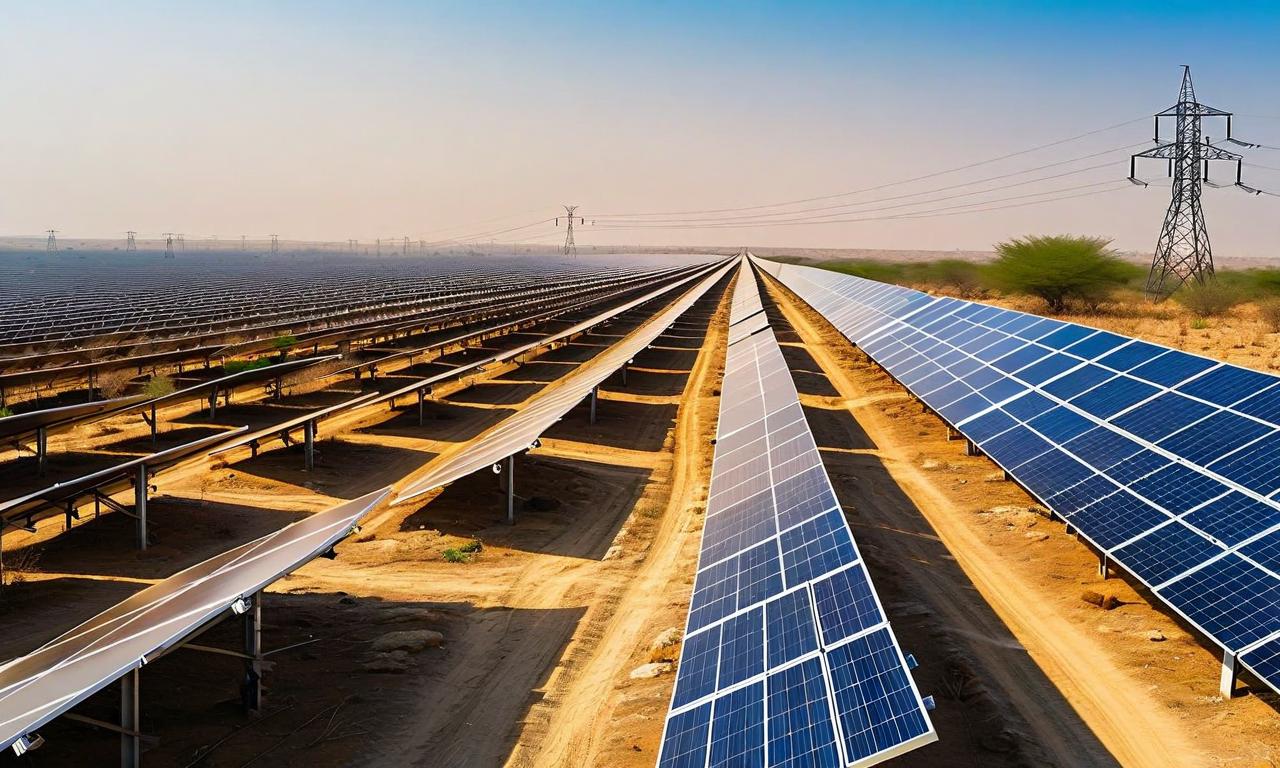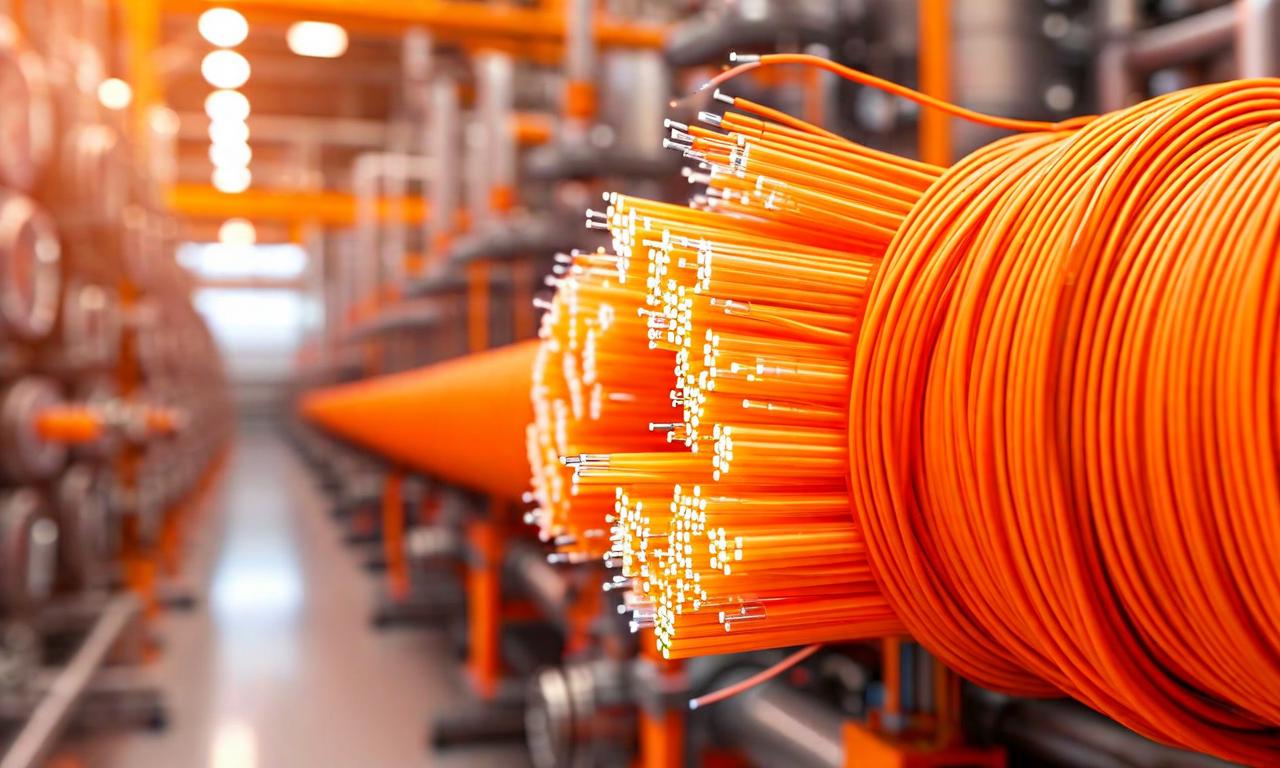Trump Claims US Has 'Lost India to China' Amid Tariff Escalation
Donald Trump posted on Truth Social claiming the U.S. has 'lost' India and Russia to China. This statement follows the U.S. imposing 50% tariffs on Indian goods, effective August 27, citing India's continued purchase of Russian oil. The post included an image of Indian PM Modi with Russian President Putin and Chinese President Xi. Modi, Putin, and Xi recently discussed cooperation at the Shanghai Cooperation Organisation summit. India's Ministry of External Affairs has not commented on Trump's post. The situation highlights tensions in U.S.-India relations and potential shifts in global alliances.

*this image is generated using AI for illustrative purposes only.
In a provocative statement on his social media platform Truth Social, Donald Trump has claimed that the United States has "lost" both India and Russia to China. The assertion comes at a time of increasing geopolitical tensions and trade disputes between the U.S. and India.
Trump's Social Media Post
Trump's post on Truth Social included an image featuring Indian Prime Minister Narendra Modi alongside Russian President Vladimir Putin and Chinese President Xi Jinping. This visual juxtaposition appears to underscore Trump's perception of shifting alliances in the global political landscape.
Recent Tariff Escalation
The controversial statement follows a significant move by the Trump administration to impose 50% tariffs on Indian goods, set to take effect from August 27. The administration cited India's continued purchase of Russian oil as the rationale behind this punitive measure, highlighting the complex interplay of global trade and geopolitical considerations.
Trilateral Cooperation
Adding context to Trump's claims, Modi, Putin, and Xi recently engaged in discussions at the Shanghai Cooperation Organisation summit. Their talks reportedly covered cooperation across energy and security sectors, potentially fueling perceptions of closer ties between these nations.
Diplomatic Silence
In response to Trump's provocative post, India's Ministry of External Affairs has declined to comment, maintaining a diplomatic stance in the face of the inflammatory rhetoric.
Implications for U.S.-India Relations
The combination of escalating tariffs and Trump's rhetoric poses potential risks to the U.S.-India relationship. This partnership has been carefully cultivated by Washington for decades, with India seen as a crucial counterweight to China's growing influence in the Indo-Pacific region.
The current situation underscores the delicate balance of international relations and trade negotiations. As global powers navigate their strategic interests, statements like Trump's highlight the tensions and shifting perceptions that can impact long-standing alliances and economic partnerships.
As this situation continues to develop, it remains to be seen how these events will shape the future of U.S.-India relations and the broader geopolitical landscape in the Indo-Pacific region.

























